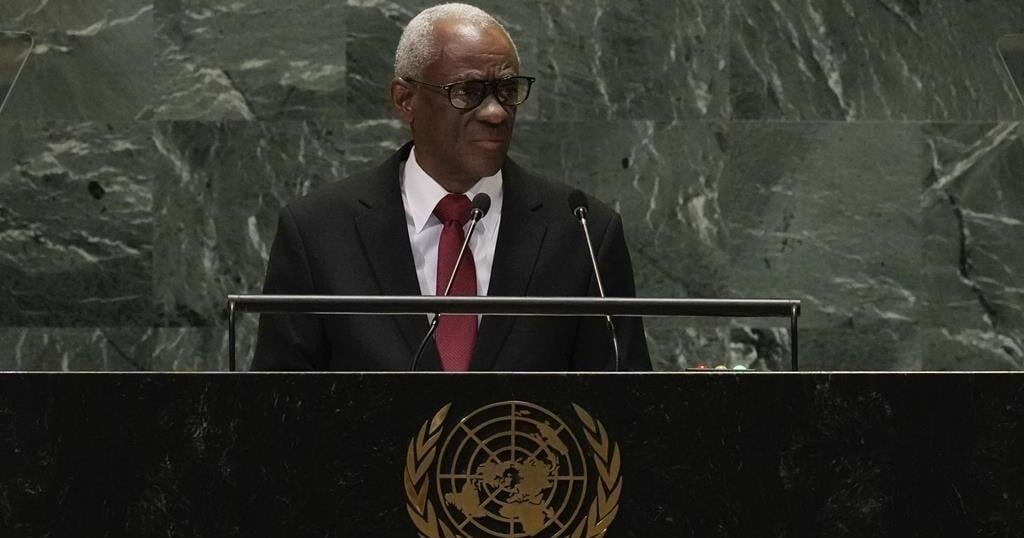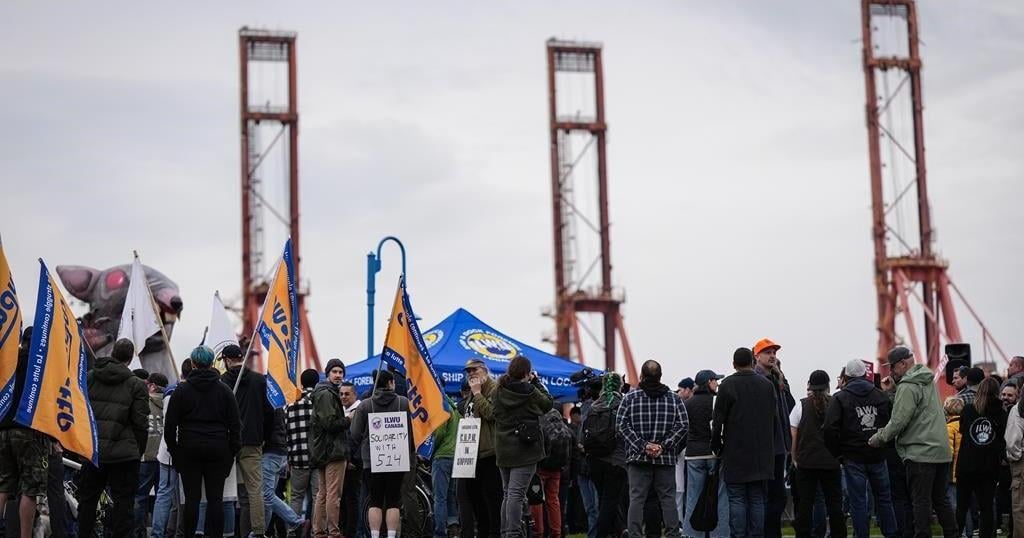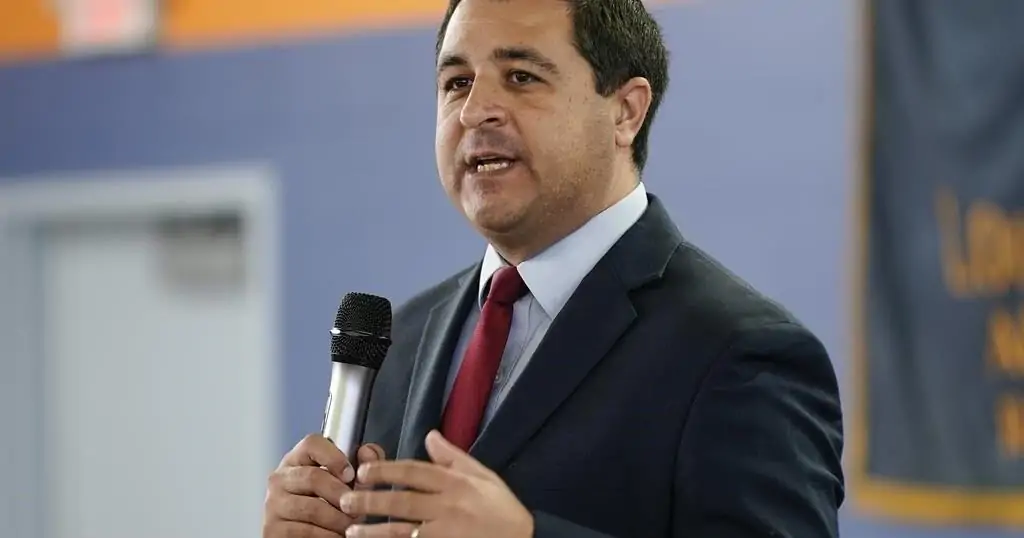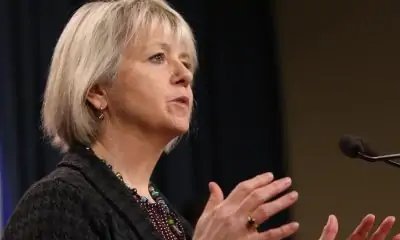UNITED NATIONS (AP) — The U.N. Security Council voted unanimously Monday to extend the mandate of the Kenya-led multinational force helping to tackle gang violence in Haiti, after brushing off a call from Haiti to start talks on transforming it into a U.N. peacekeeping mission.
According to the final draft obtained by The Associated Press, China and Russia succeeded in eliminating the paragraph in the resolution that acknowledged the call by the president of Haiti’s transitional presidential council at the U.N. General Assembly “to start a discussion” on moving to a U.N. peacekeeping force.
Last Thursday’s call by Edgard Leblanc Fils was the first public announcement of support by a government official since the United States proposed a U.N. peacekeeping mission in early September as a way to secure more resources for the Kenya-led mission.
Nearly 400 Kenyan officers are now in Haiti, joined by nearly two dozen police officers and soldiers from Jamaica. The officers fall significantly short of the 2,500 pledged by various countries, including Chad, Benin, Bangladesh and Barbados for the mission. It is also seriously short of funding.
U.S. Ambassador Linda Thomas-Greenfield told the Security Council that the 15-0 vote “sends a strong message to the people of Haiti: The world is standing with you. And we are unwavering in our efforts to help restore security and stability and put the country on the path to peace and stability.”
She said additional financial contributions are urgently needed for the multinational force and also called on council members to heed Haiti’s call for a U.N.-funded peacekeeping operation.
A senior U.S. official said adoption of the resolution will trigger a U.S. effort to work with Haitian authorities and partners to transform the operation into a peacekeeping force. Those who oppose a U.N. force will have to explain why they’re against a call from the Haitian government, the official said, speaking on condition of anonymity in line with rules set by the Biden administration.
China’s deputy U.N. ambassador Geng Shuang countered that “The U.N. has sent multiple peacekeeping operations in Haiti, but the results have never been satisfactory, and the lessons learned have been extremely profound.”
He called for the implementation of the mandate of the Kenya-led force, stressing that discussing other options now will only interfere with its operation, and adding that peacekeeping operations are not “a panacea.”
“Haiti does not have the conditions for the deployment of peacekeeping operations right now,” Geng told the council after the vote.
Russia’s deputy U.N. ambassador Dmitry Polyansky echoed his Chinese ally, saying only three months have passed since the deployment of the Kenyan officers and Russia expects the multinational force to expand its presence.
“Until this happens, we believe it is premature to plan any transformation to the international presence or any changes thereof,” he said.
Gangs have grown in power since the July 7, 2021 assassination of President Jovenel Moïse and are now estimated to control up to 80% of the capital, and have moved into surrounding areas. The surge in killings, rapes and kidnappings has led to a violent uprising by civilian vigilante groups.
Leblanc told the annual gathering of world leaders at the General Assembly that while the current U.N.-backed mission has made some inroads, “a lot still remains to be done” and security continues to deteriorate.
He said Haitians still live in fear and cannot move around the country freely, unable to work or send their children to school without great risk.
Monday’s short resolution, co-sponsored by the U.S. and Ecuador, extends the Multinational Security Support mission until Oct. 2, 2025. It encourages the mission “to accelerate its deployment, and further encourages additional voluntary contributions and support for the mission.”



















